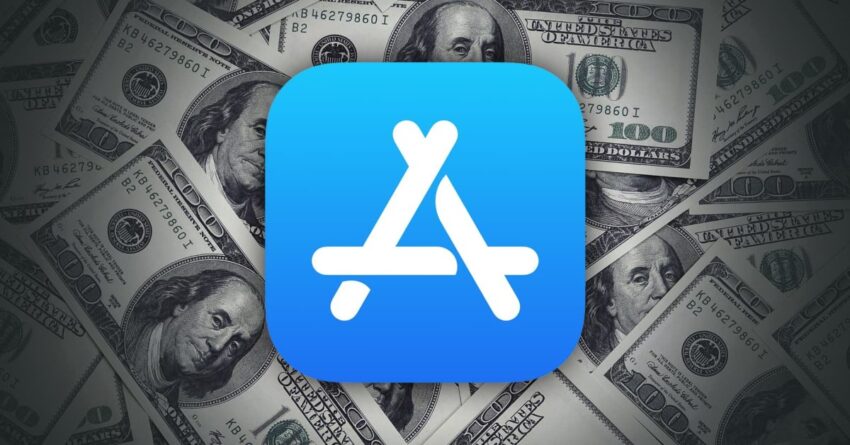
app store gambling lawsuit moves forward judge A federal judge has allowed a lawsuit against Apple to proceed, challenging the company’s role in promoting and profiting from illegal gambling apps on its App Store.
app store gambling lawsuit moves forward judge
Background of the Lawsuit
The lawsuit was initiated by a group of plaintiffs who argue that Apple has knowingly facilitated illegal gambling activities through its App Store. The plaintiffs contend that the company not only hosts these casino-style applications but also profits from them, thereby violating various state and federal laws. The case raises significant questions about the responsibilities of platform providers in regulating content and the legal implications of their role in the digital marketplace.
Legal Framework and Section 230
At the heart of the case is Section 230 of the Communications Decency Act, a law that has historically provided immunity to online platforms from liability for content created by third parties. Apple sought to invoke this protection in its defense, arguing that it should not be held accountable for the actions of app developers who create and manage gambling applications. However, the judge ruled that Section 230 does not apply in this instance, allowing the lawsuit to move forward.
This ruling is particularly significant because it challenges the conventional understanding of Section 230, which has often shielded tech companies from legal repercussions related to user-generated content. By denying Apple’s motion to dismiss, the judge has opened the door for further scrutiny of how digital platforms manage and monetize applications that may violate the law.
Details of the Allegations
The plaintiffs allege that Apple has engaged in several practices that contribute to the proliferation of illegal gambling apps. These practices include:
- Promotion of Illegal Apps: The lawsuit claims that Apple actively promotes casino-style apps in its App Store, thereby encouraging users to engage in illegal gambling activities.
- Profiting from Gambling: The plaintiffs argue that Apple profits from these apps through its commission structure, which takes a percentage of in-app purchases and subscriptions.
- Lack of Oversight: The lawsuit contends that Apple has failed to implement adequate measures to monitor and regulate the gambling apps available on its platform, allowing illegal activities to flourish.
These allegations raise important questions about the ethical responsibilities of tech companies in ensuring that their platforms do not facilitate illegal activities. The outcome of this case could set a precedent for how other digital platforms manage similar issues in the future.
Implications for Apple and the Tech Industry
The implications of this ruling extend beyond Apple. If the lawsuit succeeds, it could lead to significant changes in how tech companies approach content moderation and liability. Companies may need to invest more resources in monitoring the apps available on their platforms, particularly in industries like gambling, where legal regulations can vary widely by jurisdiction.
Moreover, a ruling against Apple could embolden other plaintiffs to pursue similar lawsuits against tech giants, potentially leading to a wave of legal challenges that could reshape the digital landscape. This could result in increased scrutiny of app stores and other digital marketplaces, forcing companies to reevaluate their business models and compliance strategies.
Stakeholder Reactions
The response to the lawsuit has been mixed among stakeholders. Consumer advocacy groups have welcomed the ruling, arguing that it holds Apple accountable for its role in facilitating illegal gambling. They believe that tech companies should be responsible for the content they host and that greater oversight is necessary to protect consumers from potential harm.
On the other hand, industry experts have expressed concern about the implications of this ruling for innovation and entrepreneurship in the app development space. Some argue that if companies like Apple are held liable for the actions of third-party developers, it could stifle creativity and deter investment in new applications. This could lead to a less diverse app ecosystem, ultimately harming consumers.
Legal Landscape for Gambling Apps
The legal landscape surrounding gambling apps is complex and varies significantly from state to state. In some jurisdictions, online gambling is fully legal and regulated, while in others, it remains strictly prohibited. This patchwork of laws complicates the responsibilities of companies like Apple, which operate on a national and global scale.
As more states move to legalize online gambling, the demand for gambling apps is likely to increase. This presents both opportunities and challenges for tech companies. They must navigate the evolving legal landscape while ensuring compliance with local regulations. Failure to do so could result in legal action, as seen in this case.
Future of App Store Regulations
The outcome of this lawsuit could prompt regulatory bodies to take a closer look at how app stores operate. If courts begin to hold platforms accountable for the content they host, it may lead to new regulations governing app marketplaces. This could include stricter guidelines for app approval processes, enhanced monitoring of app activities, and increased transparency regarding the revenue generated from gambling apps.
Additionally, this case may encourage lawmakers to revisit Section 230 and consider reforms that would clarify the responsibilities of tech companies regarding third-party content. Such reforms could have far-reaching implications for the entire tech industry, potentially reshaping how platforms interact with their users and the content available on their services.
Conclusion
The ruling allowing the lawsuit against Apple to proceed marks a pivotal moment in the ongoing debate over the responsibilities of tech companies in regulating content on their platforms. As the legal landscape surrounding gambling apps continues to evolve, the implications of this case could resonate throughout the industry, influencing how companies manage their app ecosystems and interact with developers.
As the case unfolds, stakeholders will be closely watching for its impact on Apple, the broader tech industry, and the future of app store regulations. The outcome could set a precedent that shapes the legal and operational frameworks for digital platforms in the years to come.
Source: Original report
Was this helpful?
Last Modified: October 2, 2025 at 2:43 am
0 views















